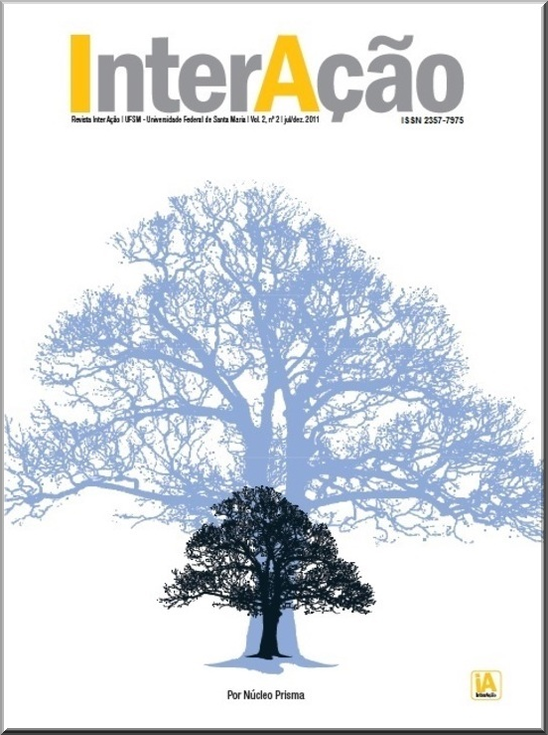O exercício do soft power: futebol e o caso brasileiro
DOI:
https://doi.org/10.5902/2357797512714Palavras-chave:
Relações Internacionais, soft power, esporte, futebol.Resumo
Com base no conceito de soft power, o artigo objetiva tratar do futebol como instrumento de poder estatal. O texto apresenta o futebol como um fator importante dentro do contexto internacional através principalmente de seu soft power e tem por objetivo mostrar que essa modalidade esportiva de fato funciona como instrumento estatal. Para demonstrar isso, o artigo analisa as ações do governo brasileiro envolvendo esse esporte, concluindo que o futebol é uma ferramenta primária, e não secundária, de soft power.
Downloads
Referências
AGUILAR, Sérgio Luiz Cruz. “Uma cultura brasileira em operações de paz”. In: Caderno GAPConflitos III. Contribuição brasileira às missões de paz da ONU. 1ª Ed. Rio de Janeiro: Gramma, 2008.
ALLISON, Lincoln; MONNINGTON, Terry. “Sport, Prestige and International Relations”. In: Government and Opposition. v. 37, n. 1, 2002, pp. 106- 134.
BECK, Peter J. “The relevance of the ‘irrelevant’: football as a missing dimension in the study of British relations with Germany”. In: International Affairs, v. 79, n. 2, 2003, pp. 389-411.
BIAZZI, Alessandro; FRANCESCHI NETO, Virgílio. “Futebol e política externa brasileira: entre o político-identitário e o comercial”. In: EFDeportes.com Revista Digital, a. 11, n. 104, janeiro de 2007.
BONIFACE, Pascal. “Football as a factor (and a rejection) of international politics”. In: Centre d’Études et de Recherches Internationales, jun, 2002.
KENNEDY, Paul. “¿Poder duro contra poder blando?”. In: El País, 19 de fevereiro, 2005, pp. 8-9.
LARGE, David C. Nazi Games – The Olympics of 1936. Norton: W. W. & Company, Inc, 2007.
MELISSEN, Jan. Wielding Soft Power: The New Public Diplomacy. Haia: Netherlands Institute of International Relations Clingendael, 2005. (Clingendael Diplomacy Papers No. 2).
NOYA, Javier. “The symbolic power of nations”. In: Place Branding, v. 2, n. 1, jan, 2006, pp. 53-67.
NYE, Jr., Joseph S. “Soft Power”. In: Foreign Policy, n. 80, 1990, pp. 153-171.
__________. Soft power: the means to success in world politics. New York: PublicAffairs, 2004.
__________. “Think again: soft power”. In: Foreign Policy, fev, 2006.
__________. “The Olympics and Chinese Soft Power”. In: The Huffington Post, 24 de agosto, 2008. Disponível em: http://www.huffingtonpost.com/joseph-nye/the-olympics-and-chinese_b_120909.html. Acesso em: 14 de novembro de 2008.
SHIRER, William L. The rise and fall of the Third Reich. New York, Simon & Schuster, 1960.
SINGH, Bhartendu Kumar. “China, India and the race for soft power”. In: Institute of Peace and Conflict Studies, 29 de dezembro, 2006. Disponível em: http://www.ipcs.org/whatsNewArticle11.jsp?action=showView&kValue=2186&status=article&mod=b. Acesso em: 14 de novembro de 2008. WANG, Jian. “Localising public diplomacy: the role of sub-national actors in nation branding”. In: Place Branding, v. 2, n. 1, jan, 2006, pp. 32-42.







